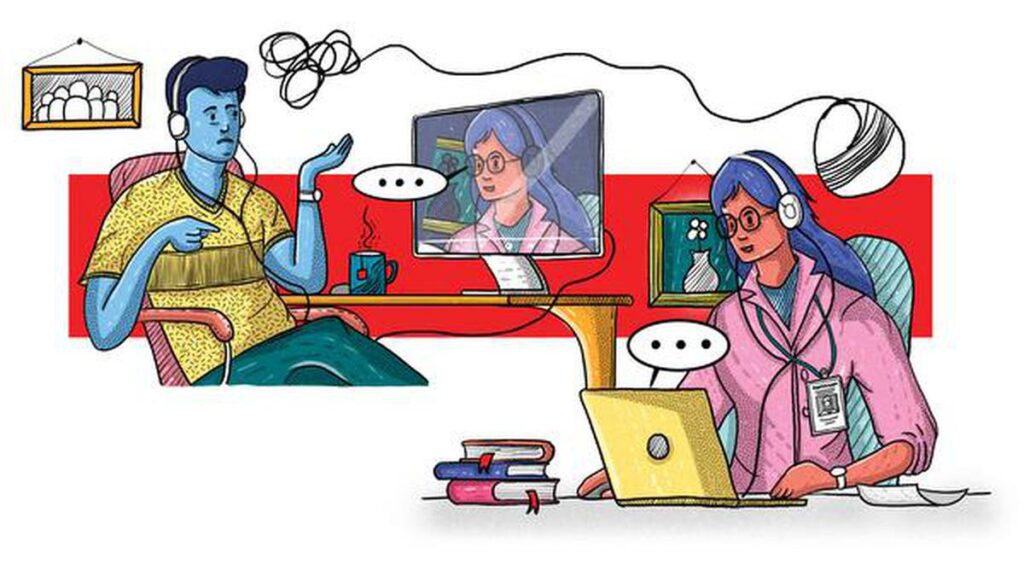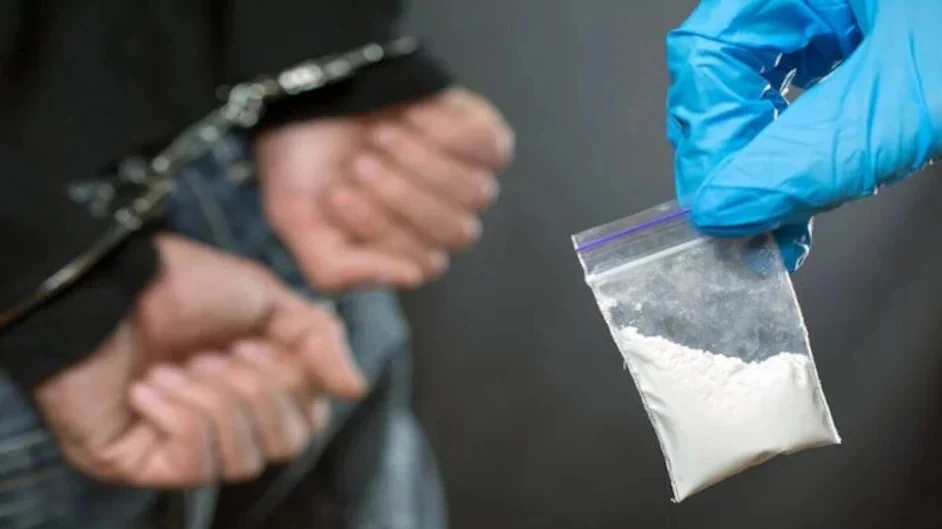Rural Teletherapy India: Affordable Models for Addiction Recovery

The rising tide of substance abuse in India is no longer confined to urban populations. Rural areas, traditionally under-equipped for mental health care, are now facing an urgent need for accessible addiction support. Rural teletherapy India is a rapidly expanding solution that enables remote counseling, follow-up care, and rehabilitation monitoring for individuals in villages and small towns. This article highlights how innovative telehealth models—combined with grassroots initiatives like Nasha Mukti Kendra in India—are making treatment accessible, affordable, and culturally sensitive. The efforts of organizations like Prayas Sewa Samiti further enhance the reach and impact of these digital solutions.
Bridging the Gap with Rural Teletherapy India
Understanding Rural Teletherapy India
Rural teletherapy India refers to the delivery of addiction counseling and psychological support through digital platforms—such as mobile apps, phone-based sessions, or video calls—tailored for rural populations. These services address the unique challenges faced by people in remote areas, including a lack of transport, stigma, and minimal mental health infrastructure.
The Evolution of Rural Mental Health Access
For decades, rural India has suffered from a stark lack of mental health professionals. According to WHO estimates, India has only 0.29 psychiatrists per 100,000 people—far below the recommended ratio. In villages, this gap is even wider. However, the introduction of rural teletherapy India solutions over the past decade has dramatically altered the landscape. What began as SMS-based health tips has evolved into dynamic, AI-enabled telehealth ecosystems. These include:
-
Telepsychiatry sessions over secure platforms
-
AI-powered relapse prediction models
-
Community-run call centers for immediate intervention

Key Features of Rural Teletherapy India Models
-
-
Low-Bandwidth Accessibility: Designed for areas with limited internet connectivity, platforms use audio-only counseling or compressed video streams.
-
Regional Language Support: Content and sessions are offered in local languages to ensure clarity and emotional connection.
-
Mobile-Based Access: Services run on low-cost smartphones, avoiding the need for advanced tech infrastructure.
-
Privacy-First Approach: Secure chat and call features protect user identities and session records.
-
Integration with Nasha Mukti Kendra in India: Referrals and hybrid care models offer patients the flexibility of home-based treatment plus physical detox at local centers.
-
Offline Support Modules: Downloadable audio/video files allow learning and recovery activities without needing a live session.
-
Community Therapist Networks: Volunteers trained in basic therapy protocols assist with emotional check-ins
-
Why Rural Teletherapy India is Critical
-
-
Geographical Barriers: Most villages lack access to trained addiction counselors.
-
Cost-Effective: Saves travel expenses and clinic overhead.
-
Cultural Fit: Programs involve family members and community leaders for greater acceptance.
-
Timely Intervention: Enables early detection of risky behavior and provides immediate support.
Case Studies Showcasing Rural Teletherapy India Success
Uttar Pradesh Pilot Project: With the support of a local nasha mukti kendra in India, a WhatsApp-based helpline was introduced, offering daily check-ins, therapy reminders, and emergency counseling. Over 500 patients joined within 3 months.
Bihar Women’s Initiative: A rural teletherapy India model specifically designed for women helped reduce alcohol dependency through group audio therapy sessions. The involvement of Prayas Sewa Samiti was pivotal in community outreach and trust-building.
Madhya Pradesh Mobile Clinic: An app-based service supported by village ASHA workers connected patients with licensed therapists for free weekly consultations. Integration with Nasha Mukti Kendra in India allowed for detox referrals.
Rajasthan Tribal Network: A radio-based counseling service trained local health volunteers to deliver mental health awareness and addiction relapse education through community loudspeakers. Data collection showed a 28% decrease in harmful drinking patterns.
Partnerships Driving Rural Teletherapy India
Prayas Sewa Samiti: Provides volunteer training, awareness camps, and logistical support to villages adopting digital addiction treatment.
Telehealth Startups: Develop culturally adaptive apps tailored for rural use.
Government Schemes: Platforms are being co-funded under Digital India and Ayushman Bharat.
Nasha Mukti Kendra in India: Centers offer hybrid care options and ensure medical backup for severe cases.
-
CSR Initiatives: Private sector players fund tablet donations and mobile network boosters for underserved regions.

Technology Tools Behind Rural Teletherapy India
-
AI Chatbots: Offer a 24/7 response for craving management and stress control.
-
Interactive Voice Response (IVR): Helps low-literacy users navigate services.
-
Wearables: Monitor vitals and mood through simple wristbands and send data to remote therapists.
-
Self-Help Modules: Preloaded videos and worksheets guide recovery steps offline.
-
Gamified Recovery: Points-based challenges motivate patients to follow routines.
Challenges in Rural Teletherapy India Implementation
-
Stigma: Seeking help for addiction is still taboo in many communities.
-
Digital Illiteracy: Older populations may require training to use apps or phone services.
-
Funding Constraints: Non-profits and NGOs need ongoing financial aid to scale operations.
-
Language Diversity: India’s linguistic variation makes platform localization a continuous process.
-
Retention: Ensuring continued patient participation requires motivational support and community encouragement.
Solutions Being Deployed
-
Involvement of Panchayats: Local governance bodies are promoting participation through public endorsements.
-
Youth-Led Digital Ambassadors: Young volunteers trained by Prayas Sewa Samiti help older adults use apps and make calls.
-
Incentive Models: Mobile data reimbursements or meal coupons encourage patients to attend sessions.
-
Hybrid Therapy: Coordination with Nasha Mukti Kendra in India allows a blend of home and center-based support.
Future of Rural Teletherapy India
The future of rural teletherapy in India lies in expanding coverage through public-private partnerships and AI-enabled platforms. Government-sponsored platforms, nonprofit efforts, and NGO support will be critical in scaling these programs. AI-based risk assessment tools, emotion-sensing apps, and vernacular voice assistants will redefine how addiction is addressed in rural areas.
Prayas Sewa Samiti has already laid the groundwork by training over 1,000 rural volunteers and integrating telehealth into more than 80 villages across North India. Its collaboration with Nasha Mukti Kendra in India ensures continuity of care even in high-risk or severe cases.

Conclusion: Rural Teletherapy India and the Road Ahead
Rural Teletherapy India is a lifeline for underserved communities, bridging decades of healthcare disparity. By partnering with Nasha Mukti Kendra in India, families now receive accessible addiction care without leaving their villages. Telehealth doesn’t replace in-person rehab—it enhances it, especially when combined with the compassionate reach of Prayas Sewa Samiti.
In the coming years, rural teletherapy in India will become a model for inclusive, scalable, and empathetic addiction recovery. With innovation, education, and community trust, India can pave a new path toward mental health equity for all.